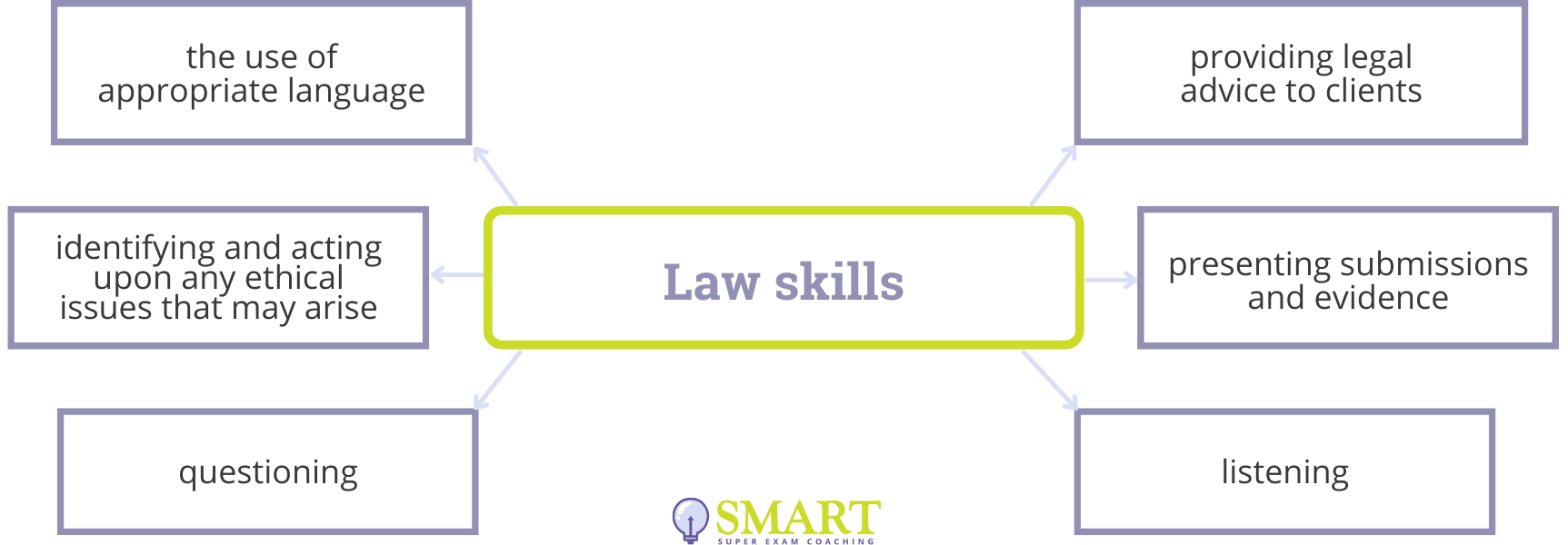Since the SQE was introduced on 1 September 2021, the Solicitors Regulation Authority (SRA) has allowed a transition period for aspiring solicitors to choose their qualification route. Candidates who were already pursuing the CPE/GDL, LPC, or a training contract before this date can continue on the traditional route until 31 December 2032.
A key component of the traditional route is the Professional Skills Course (PSC), which is completed during the period of recognised training. This article will define the PSC and provide essential details about the course. Additionally, we offer support for candidates choosing the SQE route through our advanced SUPERexam training platform.
What is the Professional Skills Course
The goal of the PSC is to offer students more guided instruction in certain subject areas after they have already gained some practical experience through a traditional training contract. It builds on the foundation of the knowledge gained through the Legal Practice Course (LPC), and ensures that candidates are able to apply the classroom-based LPC learnings along with the legal skills experience they are building during their work experience.
The PSC must be offered by and/or paid for by the training contract employer (i.e. law firms or law departments which are licensed to offer training contracts), and forms a compulsory element of the period of recognised training which all candidates must complete before admission to the roll of solicitors.
Professional Skills Course Subject Areas
The PSC covers three compulsory core modules, with each designed to ensure that each candidate meets specific SRA skills standards:
- Financial and Business Skills
- Advocacy and Communication Skills
- Client Care and Professional Standards

Financial and Business Skills

The purpose of this module is to ensure that candidates have sufficient knowledge of and can apply the rules of professional conduct in PSC legal topics such as financial and accounting issues, the investment marketplace, regulatory framework, Scope Rules, money laundering, and mortgage fraud.
A minimum of 18 hours of face-to-face instruction is required for the Financial and Business Skills PSC module (note that for all modules, this can include online instruction as long as it is live and interactive).
The assessment for this module comprises a 1.5-hour (open-book) written examination, with this module being the only one that requires candidates to take a PSC law exam. This PSC exam is conducted in an open-book format and consists of multiple-choice and case study components.

The PSC Financial and Business Skills exam pass rate is 60%, with no more than 30% of the marks coming from multiple choice questions.
Advocacy and Communication Skills
This module ensures that candidates can represent clients effectively in civil or criminal cases, through the development of law skills such as the use of appropriate language, listening, questioning, providing legal advice to clients, presenting submissions and evidence, and identifying and acting upon any ethical issues that may arise in a trial.

A minimum of 18 hours of face-to-face (or live interactive online) tuition is required for this module.
The assessment for this module consists of a skills appraisal, which usually takes place in the form of a mock trial, to define whether the candidate meets the SRA’s practice skills standards.

Client Care and Professional Standards
This module builds up solicitor skills including client communication (both verbal and writing skills), professional standards, and work and case management.

A minimum of 12 hours of face-to-face (or live interactive online) instruction is required for this module.
The SRA recommends that this module only be undertaken after the candidate has completed at least six months of their period of recognised training (there is no such formal recommendation for the other core modules).
There is no formal assessment requirement for this module.
PSC Electives
In addition to the core modules outlined above, candidates must also complete a minimum of 24 hours of instruction in elective subjects, which must fall under one of the three core subject areas and contribute to the development of the candidate’s professional skills. All PSC course providers offer a wide range of elective subjects in the areas of practice, contentious and non-contentious skills. Candidates can therefore choose the PSC electives which would benefit them most in their intended legal career path.
It is also possible to complete Higher Rights of Audience (HRA) courses as an elective module, for candidates who intend to pursue a career in advocacy or litigation.
Up to 12 hours may be delivered through a remote (non-live) format, as long as it is still appropriately supervised and assessed. The remaining 12 hours must be delivered in a face-to-face (or live interactive online) format.

There are no formal assessment requirements for elective modules.
Information Technology and Business/Commercial Awareness
PSC providers are also expected to address the importance and application of information technology and business/commercial awareness throughout all core and elective modules, and ensure that candidates have a full understanding of these aspects of a solicitor’s work.
Professional Skills Course Providers
The PSC must be delivered by a provider which has been authorised to do so by the SRA. There are a number of PSC providers which candidates can select from, with some of the most well-established courses including:
- BPP Professional Skills Course
- University of Law Professional Skills Course
- BARBRI Altior Professional Skills Course (formerly Professional Skills Course Kaplan Altior)
- … and several others, all listed on the SRA website
Some training contract providers offer the Professional Skills Course directly for their trainees, in which case candidates would not need to go through an external PSC UK provider such as the BPP PSC or the University of Law PSC.

SUPERexam Platform for SQE Candidates
The Professional Skills Course means only a requirement under the traditional route to qualification and only for certain candidates during the transition period offered by the SRA. For candidates who will instead pursue the SQE route to qualification, we offer training and SQE2 prep services through our dedicated Superexam training platform.
We have built up significant expertise over our years of experience helping aspiring solicitors to pass the QLTS OSCE assessments (precursor to the SQE). Our training can supplement each candidate’s SQE self-study efforts with SQE2 sample questions and mock exams, with personalised direct feedback from expert tutors. We are also in the process of developing an SQE1 preparation course to assist candidates in preparing for the multiple-choice element of the SQE assessment.
This bespoke platform has proven extremely effective for our past students, with various training options available including lectures, sample questions, mock SQE2 stations, and other training materials.
Contact us today for more information on how we can help to support you on your journey to qualifying as a solicitor of England and Wales.